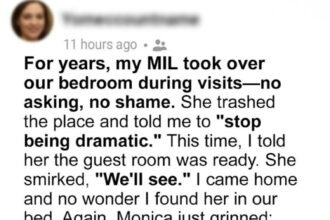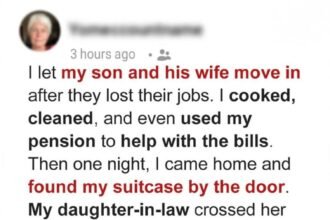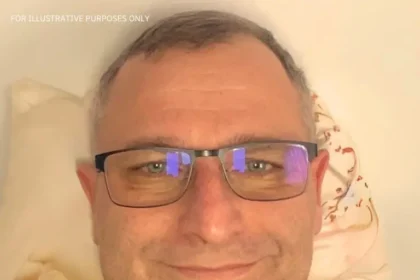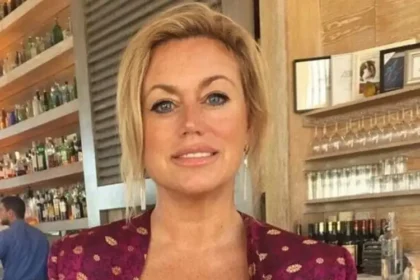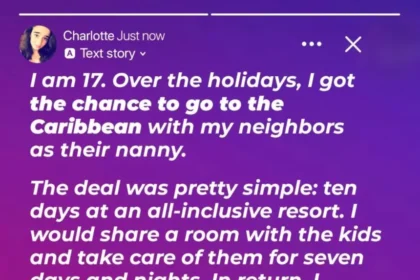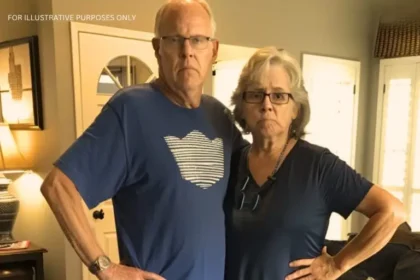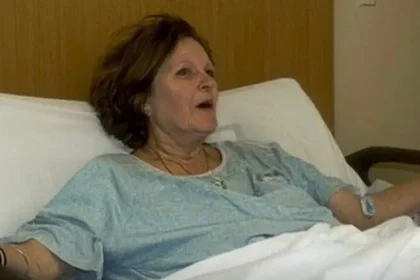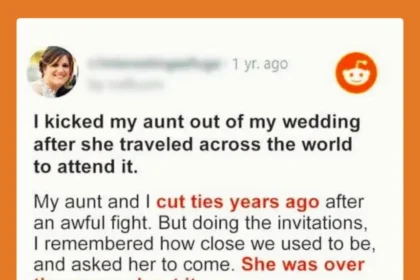“That’s not true,” he said quickly, stepping forward. “I love you.”
“Do you?” I challenged, staring him down.
“Or do you love the idea of molding me into someone your colleagues would approve of? You think being a doctor makes you better than me? But I work hard.
I’m proud of what I do, even if it’s not glamorous. And I deserve someone who sees that.”
“I see you,” he whispered, but the words rang hollow.
“No. You see what YOU want to see.
And I’m done trying to be that person.”
He didn’t say anything. He just stood there, hands in his pockets, as I grabbed my bag and walked out the door. As I reached my car, I heard him call out.
“I’m sorry,” he said, his voice breaking.
“I never meant to make you feel less than anyone.”
I turned back one last time. “I know. That’s what makes it worse.”
The best part?
One of his colleagues emailed me a few days later. “Hey, Rachel,” it started, “I just wanted to say that what you did was hilarious. We’re still talking about it at work.
Adam’s going to have a hard time living this one down. But more importantly, you showed real courage standing up for yourself. If you ever need a reference for anything, don’t hesitate to ask.”
I grinned as I read it, sipping my coffee in my new apartment.
Adam might be a great doctor, but he’ll think twice before treating someone like they’re beneath him again.
And me? I’m doing just fine without him. Sometimes, the best thing you can do for yourself is walk away from someone who can’t see your worth.
Better yet?
I heard through the grapevine that his hospital started a workplace respect initiative. Turns out my “kitchen nightmare” sparked some interesting conversations about professional relationships and implicit bias.
Source: amomama



